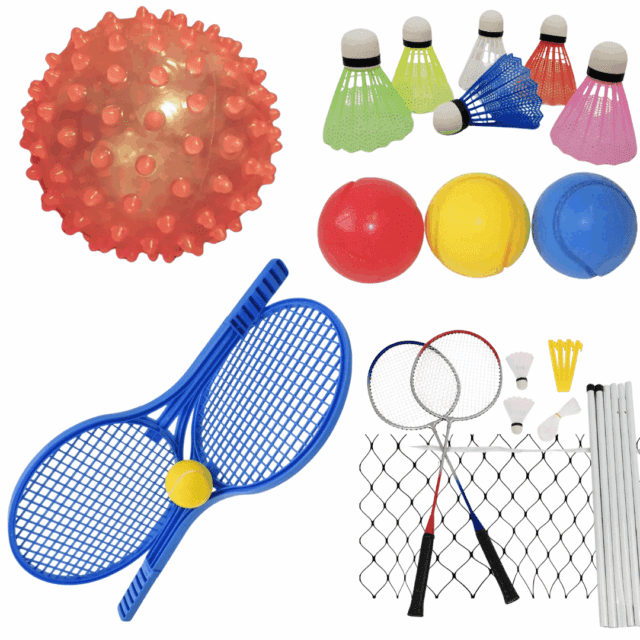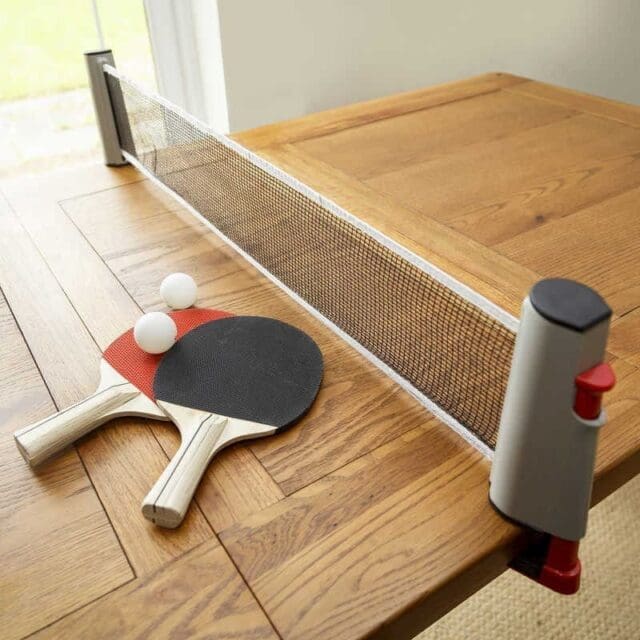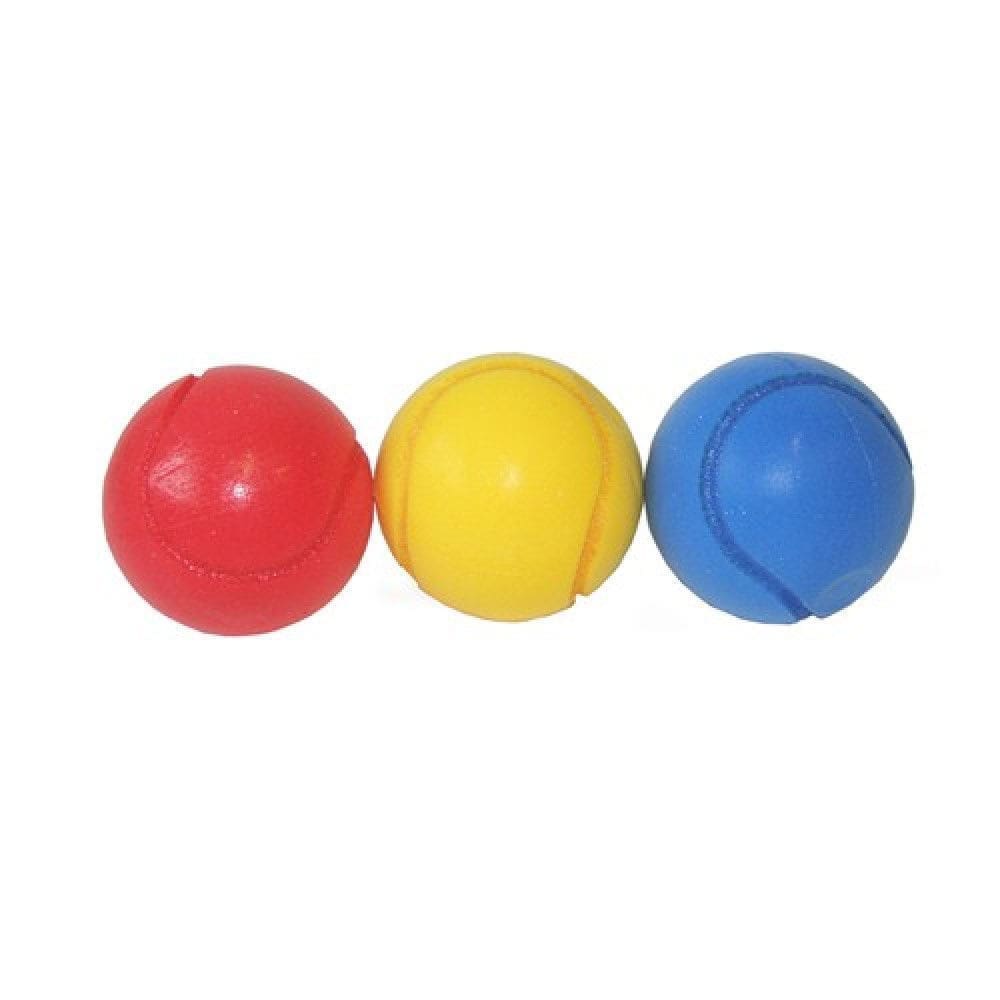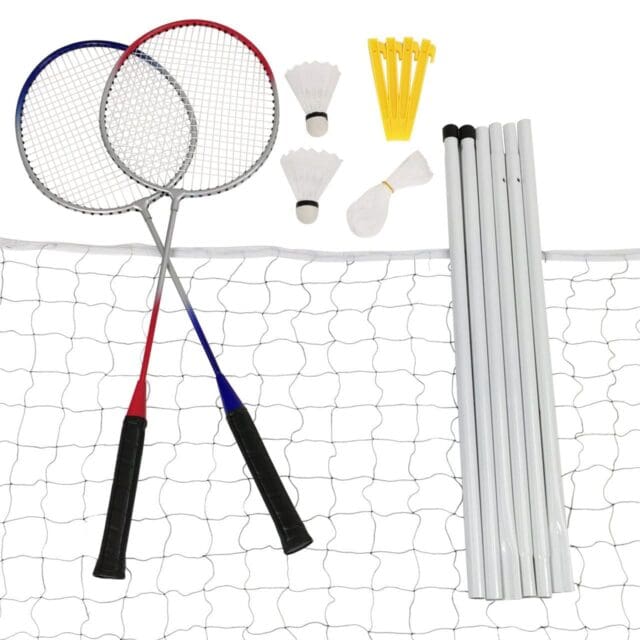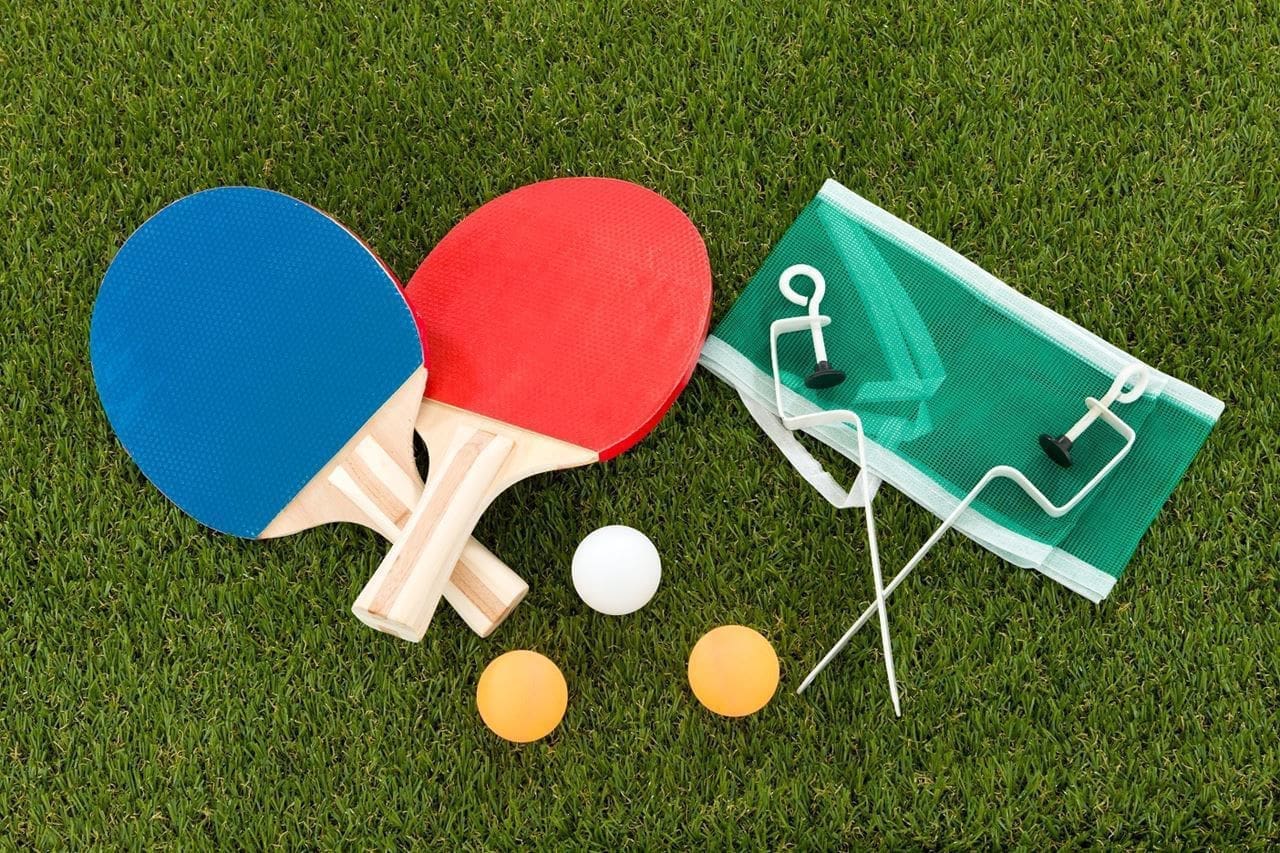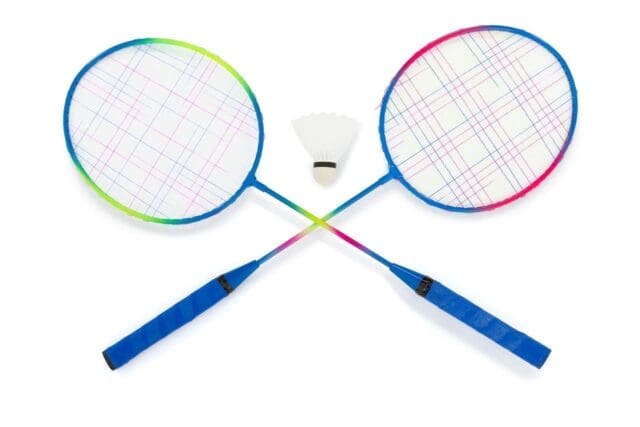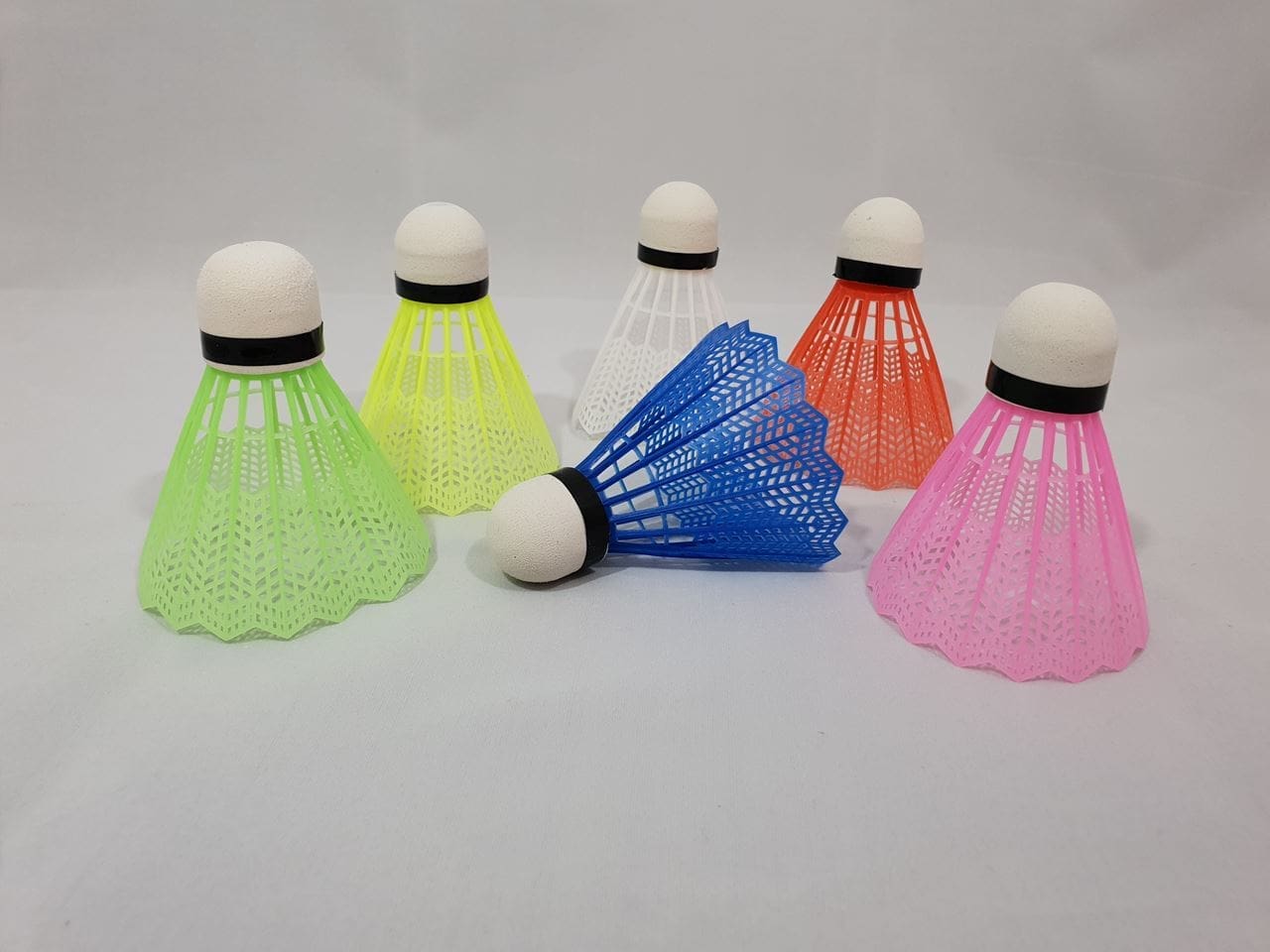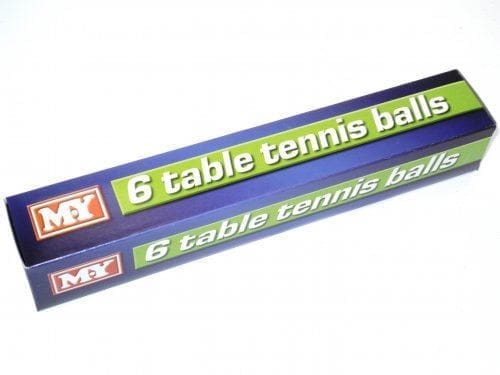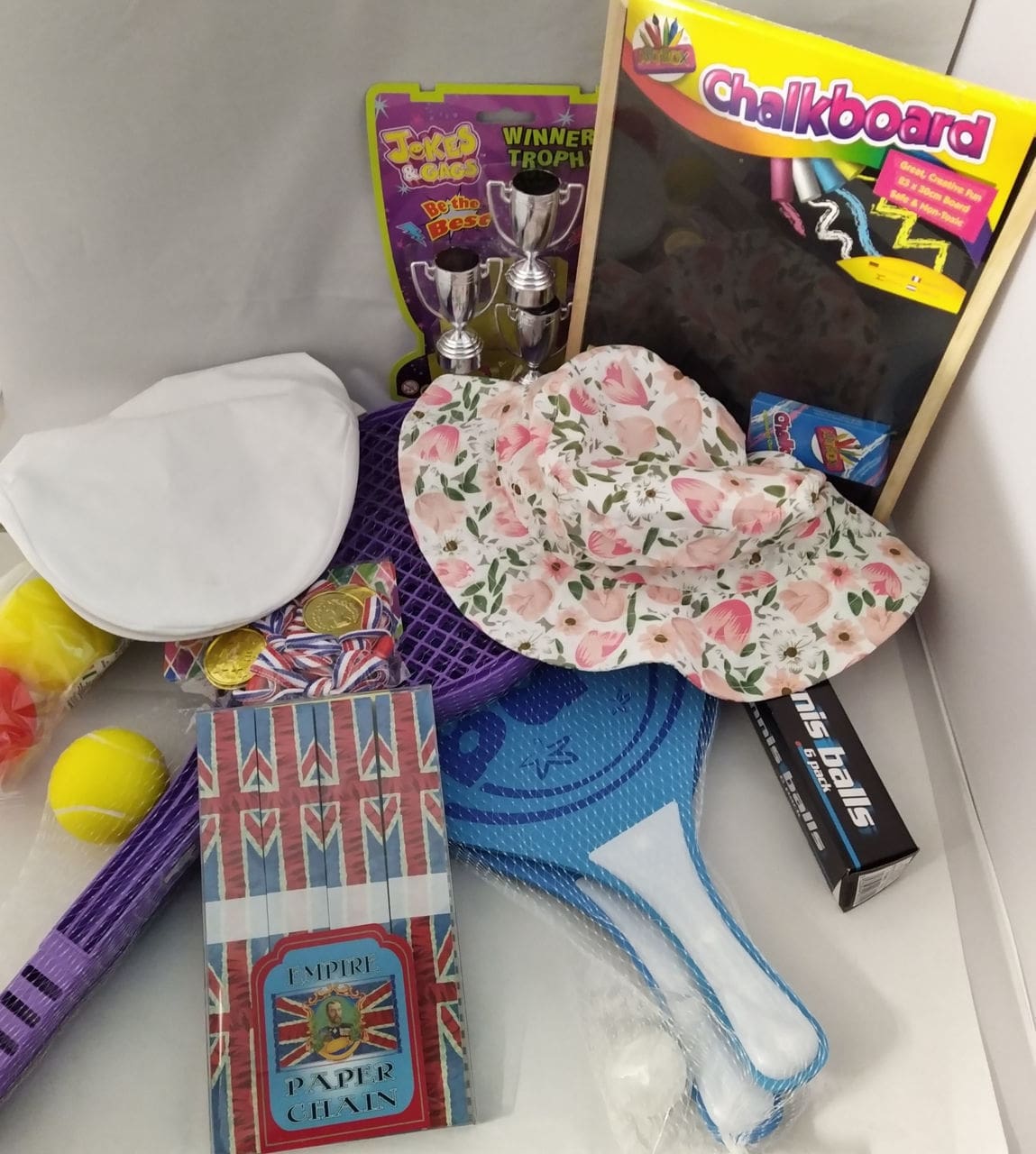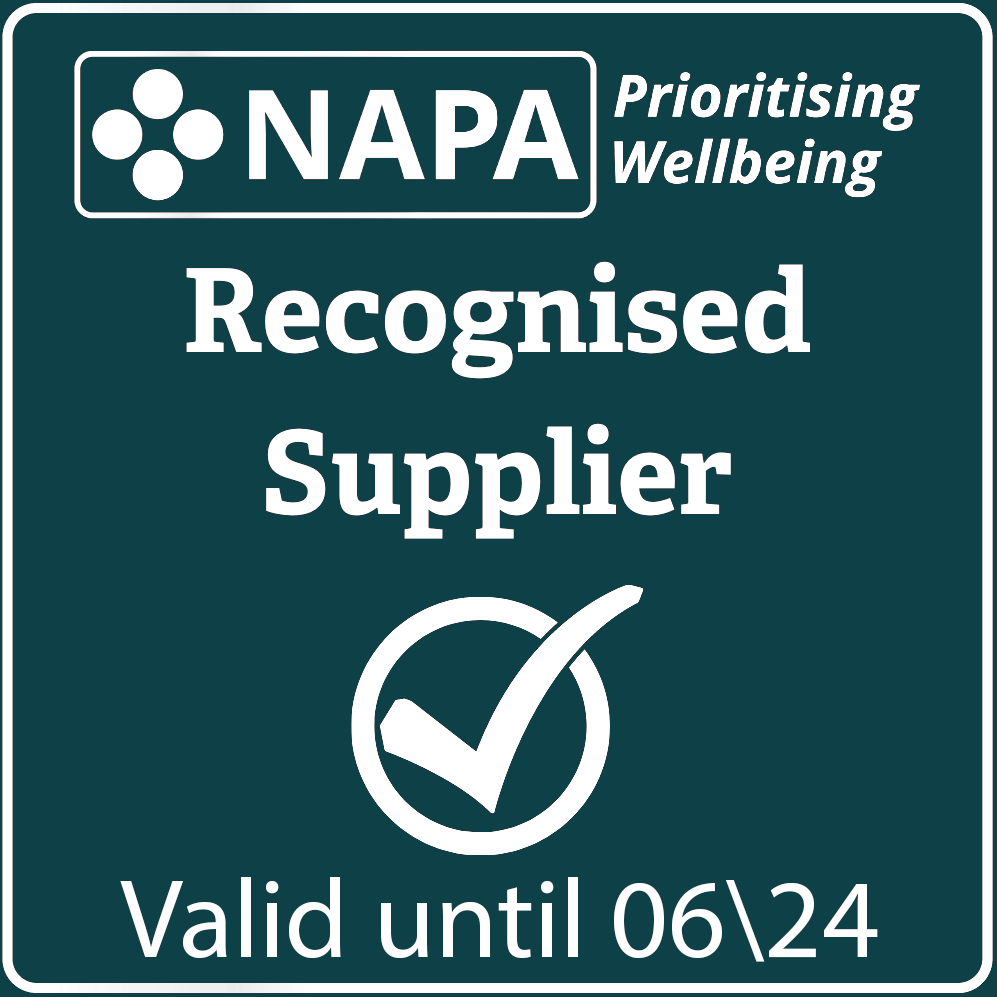Racket Sports for Care Homes and All Abilities
Obviously a full-on game of tennis or badminton isn’t really on the cards for elderly people or those with special needs. However a somewhat more subdued version is still possible and extremely beneficial. With softball tennis the ball travels much more slowly and won’t harm any spectators if someone’s accuracy isn’t quite up to it. Badminton when played gently is also fairly slow, and one doesn’t necessarily need a net and court to have fun games.
Racket Sports Designed for Dementia & Alzheimer's Patients
Racket Sports for the Elderly
Racket sports present a brilliant avenue for the elderly to remain physically active and socially engaged. These sports build strength, improve coordination and flexibility, and enhance cognitive function by encouraging strategic thinking. With modified equipment and rules, badminton, ping-pong, or even tennis can be safe yet energising activity for seniors.
Racket Sports for Care Homes
Incorporating racket sports in care homes can be transformative. They can operate as fun group activities, encouraging social interaction, boosting morale, and promoting physical activity. With activities like table tennis or soft badminton, residents can enjoy the thrill of competition and camaraderie, all within a safe environment.
Racket Sports for Individuals with Dementia
Racket sports can provide significant benefits for individuals with dementia. The combination of physical movement and cognitive engagement serves to improve overall wellbeing. Easy-to-play games such as table tennis can enhance motor skills, engage problem-solving capabilities, and offer a fun means of interaction that can alleviate some of dementia's distressing symptoms.
Racket Sports for Individuals with Alzheimer's
For those with Alzheimer's, racket sports can prove incredibly beneficial. Activities like table tennis or pickleball encourage the use of physical and mental skills, which can aid in preserving remaining cognitive function. Regularly engaging in these games can decrease stress, alleviate depression symptoms, and increase social interactions, all of which improve the quality of life for individuals with Alzheimer's.
Showing all 10 results
